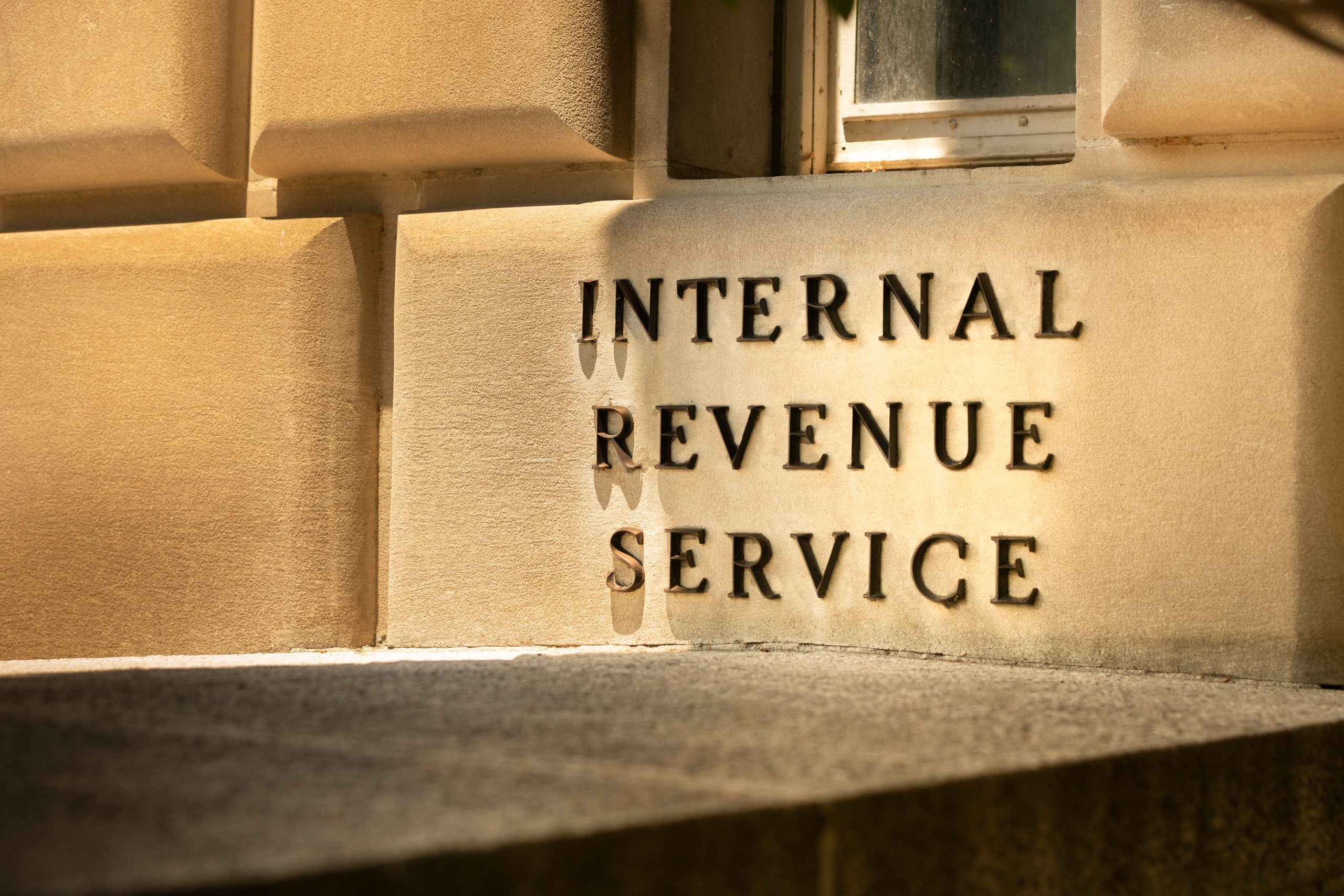
It may feel like the IRS never stops trying to collect — but federal law limits how long they can pursue you. The IRS has 10 years from the date your tax is assessed to collect the debt. Once that time expires, the balance becomes legally uncollectible.
When the 10-Year Period Begins
The countdown starts when the IRS officially records your tax liability — usually after you file your return or when they file a Substitute for Return for you. That date is called your Collection Statute Expiration Date (CSED).
Once 10 years pass, the IRS must stop all collection activity, including liens and levies.
What Can Extend the Deadline
Certain events “pause” the 10-year clock, such as:
-
Filing for bankruptcy
-
Submitting an Offer in Compromise
-
Living abroad
-
Requesting Innocent Spouse Relief
-
Having an open appeal or hearing
When those end, the countdown resumes.
How Total IRS Relief Can Help
Knowing your CSED is key to building the right strategy. Sometimes the best move is to negotiate; other times, simply waiting out the clock makes more sense.
At Total IRS Relief, we review your IRS transcripts, determine your exact CSEDs, and guide clients in Illinois and Nevada toward the most effective resolution possible.
Enter your contact information to schedule your FREE one-on-one consultation. Our tax experts will get back to you as soon as possible.

